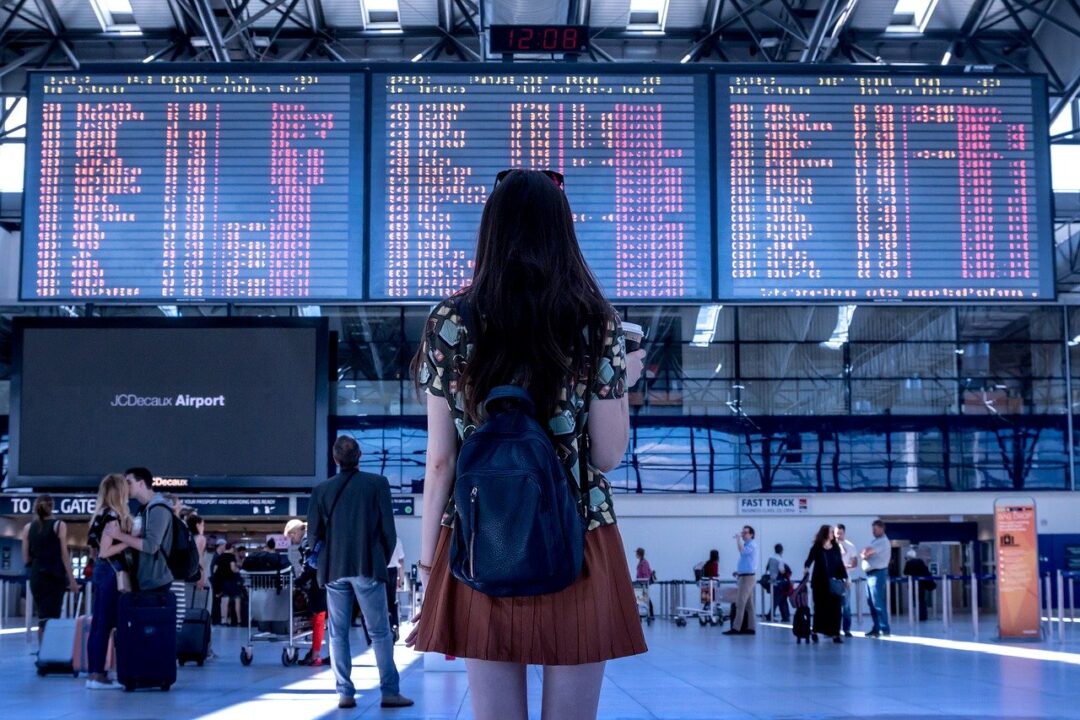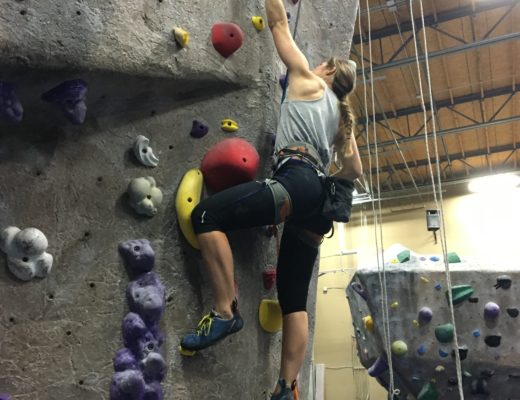Artificial intelligence has been making our lives easier in many ways and across numerous sectors. When you get the best answer for your Google search, that’s AI. When Netflix picks just the right next show for you, it’s AI again. The technology has also been used to recognize and fight Covid-19.
AI’s potential is enormous, and we’re just starting to scratch the surface of all the possible uses. The travel industry has joined the trend, and new AI uses in travel emerge every day. Here’s how AI is changing the way we travel.
Robot Concierge

Not only can AI-powered software help customers online, but it can also assist them face-to-face. It is now possible to find robot concierges at the front desks of some hotels. They can answer any tourist questions and provide other information.
One such example is Connie, a robot experiment at the Hilton hotels. Connie stands at the front desk and greets all the customers politely. It can provide information about the best restaurants nearby, for example, and even turn its body around to point you in the right direction. Connie’s eyes are expressive, i.e., they change colors to express understanding and emotion.
So while employees handle more complex requests, Connie can deal with all the usual questions.
Hotel AI Assistants
Hotels and similar businesses have even more uses for this powerful technology. Namely, there are now AI personal assistants, which can make your stay even more enjoyable and comfortable. You can get these in the form of an app and always have them handy.
These AI assistants can answer any questions, but they can also turn up the heating in your room before you arrive, for example. They may also turn the lights on and off or dim them. You can either give your assistant a voice command or a text-based one. It will use the power of the Internet of Things (IoT) to “communicate” with the appliances in your room.
Customer Service Bots

Customer service is incredibly important in the travel industry, and the emergence of AI-powered chatbots is taking it to the next level. These bots can help provide online assistance to customers with little to no help from a live rep.
They can answer any questions and provide information in an instant. If a customer is looking for recommendations, chatbots can provide them as well as, if not better than, any live representative. They can help people complete bookings in no time.
Hotels and other businesses have started implementing them on their websites and social media, and people seem to love the self-service option they provide. Plus, they are available around the clock, so people can interact with them at any time.
Data Processing
The travel industry benefits majorly from the data processing and analytics abilities of AI technology. Various AI-powered tools allow businesses to process huge amounts of data in minutes and draw meaningful insights and conclusions.
Many businesses in the travel and tourism industry use these tools to understand their customers and their needs better. Before, they had to rely on their intuition, but now, they can simply take a look at the relevant data points. This way, they can make adjustments so as to cater to their customers better.
Both businesses and customers benefit from this type of smart analytics as customers get what they want and businesses thrive as a consequence.
Travel Recommendations
AI-based recommendations are everywhere these days. We’ve already mentioned Netflix, but another great example is any online shopping experience. The algorithm will learn what you like quickly and be able to recommend the best pieces for you.
In the travel industry, many booking platforms utilize this ability and deploy AI to help customers make an ideal pick. The algorithm analyzes your behavior on the site, your searches and preferences, and recommends ideal places to visit and things to do at your destination, for example.
Some websites even offer personalized travel recommendations, where they ask you a series of questions about your preferences (i.e., the food you like, the weather you prefer, etc.) and let the software provide the best choices for you.
Mobility as a Service

Mobility as a Service (MaaS) has been nicknamed the Netflix of transportation. In essence, it represents an ecosystem of transportation options that are at a commuter’s disposal. MaaS has a huge potential in the travel industry as it can help travelers move around with ease using the best possible modes of transport. One example of MaaS is the Helsinki-based app called Whim.
A tourist can install the app which will lead them door to door by pointing out the best (or preferred) transportation options, including anything from public transport to bicycles. The AI mechanism behind it helps integrate all the different transport networks in a functional, holistic system.
Facial Recognition as a Boarding Pass
One day, not too far from now, we’ll probably be able to travel without having to carry passports and other documents with us. Thanks to AI, biometric authentication has surpassed our expectations of what’s possible, and we can now use facial recognition tools to identify passengers without interaction with airport employees.
Finnish airline operator Finavia is already testing this kind of technology in hopes to simplify and shorten the complicated passenger journey at the airport.
Cheap Flight Prediction
Flight prices can fluctuate wildly, and it’s difficult to predict their affordability in the near future. However, AI’s power of accurate prediction is the basis for apps such as Hopper, which allow you to save money on travel by hunting down the cheapest flights, as well as hotels and other modes of transport.
Apps such as these allow travelers to see the world on a budget and never spend a dime more than necessary. Researching this kind of information would take us a lot of time and effort, and now, we can have it at a tap.
As you can see, AI is making travel cheaper, more convenient, and more personalized for everyone. It’s making it easier to book a trip, get wherever you want to go and find exactly what you’re looking for.




